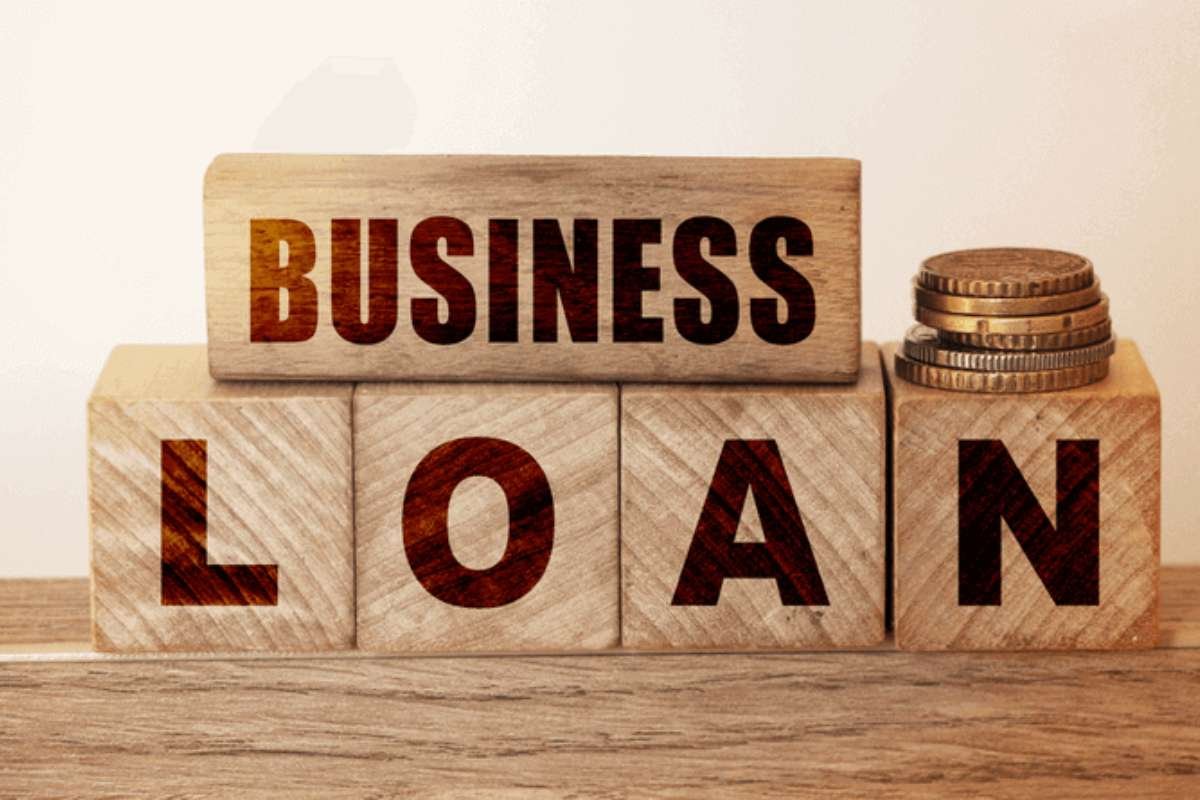Like many small businesses, start-ups, and entrepreneurs, if you too are struggling to make your ends meet, then a business loan might just be what you need.
Better termed as an SBA (Small Business Administration) loan, it’s an easy way out of a sudden crisis or financial setbacks that might put you in the back seat.
Be it marketing, branding, digitalization cost, public relations, employees, or legal fees. Be it furniture, equipment, or inventory that you need to buy, or equity or debt that you need to settle, a business loan has always got you covered.
But, like any other type of credit, a business loan too comes with certain obligations that you must fulfill. For starters, the interest rates! And which is not the only thing that matters when you borrow a loan, is it?
Of course not. After all, your credit is on the line. Your reputation so to speak in the global financial system.
And that’s why we have listed 5 of the most important questions you must ask before applying for a business loan.
Without further ado, let’s see what they are:
1. Why do you need a business loan? (The exact reason)
While a business loan can be used for a number of reasons, knowing what purpose will it exactly serve can help you get to a close estimate of the total loan amount. It will also give you better clarity as to the gravity of the situation and thus how early you need the loan amount to be credited.
But that’s not all. Understanding your financial needs can give you a fair idea of the time frame within which you’d need to pay the amount back, and whether or not you can afford it in the first place.
As you can see, figuring out your fiscal needs is pretty important if you want to grab the best possible deal.
2. What are the minimum requirements? (The eligibility criteria)
The next step in getting a business loan is to learn about the qualifying requirements, which vary from bank to bank and lender to lender. The same can be said about papers or documentation.
Some of the common factors that most loan providers look for before approving a business loan include your business’s age, revenue, and collaterals (if any).
Another key factor that plays a rather crucial role in getting loan approval is your credit history and payments habit. Ideally, the greater the credit score (>700), the easier the approval, and the lower the interest rates. And this brings us to the next big question that you must ask before applying for a business loan. i.e. the interest.
3. What are the interest rates like? (The total cost of the loan)
Similar to the eligibility criteria, the interest rates of a loan may also vary from lender to lender but mostly depends on your credit score. While anything above 650 could grant you a business loan in no time, a higher credit score would mean even lower rates of interest. And this is quite crucial knowing that the expected cost of the total loan would anyway be more than the actual amount that you borrowed.
It is also advisable to not only check the interest rate alone but also the total cost of the loan from various angles such as APR (Annual Percentage Rate) or AIR (Annual Interest Rate).
4. Is the loan secured or unsecured? (Collaterals)
While there are many types of business loans like working capital, equipment financing, SBA, and short-term loans available in the market, they are either secured or unsecured.
What this means is that it would either require collateral or not respectively.
In other words, a secured loan would require you to pledge assets to avail a loan whereas an unsecured would not. Furthermore, the interest rates on a secured loan would also be lower when compared to unsecured loans since you’d be providing a guarantee or security for the repayment of the loan.
On the other hand, getting an unsecured loan is rather beneficial for new businesses and individuals who do not possess any assets or collateral to show.
5. In what ways could you repay the loan? (Payment options)
Last but not the least, is the repayment of the loan which you’d be obligated to pay within a specific period of time. There are many types of payment options such as EMI, cash, or cheque that you can use to pay the money back to the lender within the said duration.
What’s more, is that you can also fix the repayment term from one year to 5 years or more based on your income or company’s turnover.
All-in-all, getting a business loan revolves around two things- your own requirements, and the interest rates. Once you have a clear estimate of the two, you can move on to other factors such as the type of the loan, the impact on your credit file, and the different methods that you can use to repay the amount.
You might also want to check an online EMI calculator for an approximate figure.





